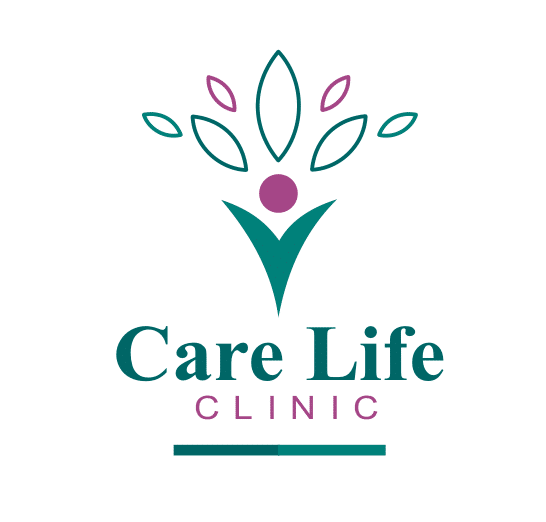Psychiatric Disorders
Mental health treatment
Our doctors are trained in U.S.A. at the best hospitals. Doctors are American Board Certified (highest degree in specialization), have over 30 years experience in U.S.A. treating and educating other doctors in how to properly diagnose and treat mental disorders. Our doctors have earned the ‘the Top Doctor’ award in the United States.
Treatment for mental health disorders is not one size fits all, and it does not offer a cure. Instead, treatment aims to reduce symptoms, address underlying causes, and make the condition manageable.
You and your doctor will work together to find a plan. It may be a combination of treatments because some people have better results with a multi-angle approach. Here are the most common mental health treatments:
Medications
The four main categories of medications used to treat mental health disorders are:
- Antidepressants
- Anti-anxiety medications
- Antipsychotic medications
- Mood-stabilizing medications
Which type is best for you will depend on the symptoms you experience and other health issues you may face. People may try a few medications at different doses before finding something that’s right for them.
Psychotherapy
Talk therapy is an opportunity for you to talk with a mental health provider about your experiences, feelings, thoughts, and ideas. Therapists primarily act as a sounding board and neutral mediator, helping you learn coping techniques and strategies to manage symptoms.
Lifestyle treatments and home remedies
Alternative treatments can be used in addition to mainstream treatments as a supplement. These steps won’t eliminate mental health issues alone, but they can be helpful.
They include sticking to your treatment plan as closely as possible, avoiding alcohol and drugs, and adopting a healthy lifestyle that incorporates foods that may be a benefit to your brain. This includes omega-3 fatty acids, a type of fish oil that occurs naturally in some high-fat fish.
Mental health recovery
Most individuals with mental health issues can and will find treatments that are successful. That means you can get better. Some mental health issues, however, are chronic and ongoing, but even these can be managed with proper treatment and intervention.
Recovery from mental health disorders or issues requires ongoing attention to your mental and overall health, as well as adherence to any behavioral therapy techniques learned from a therapist.
In some cases, treatments like medication may be needed on an on-going basis; others may be able to stop using them at some point. What recovery will mean for you is different than recovery for another person.
Mental health awareness
Mental health is a vital concern for healthcare professionals. Most people know the signs and symptoms of physical illnesses, like a heart attack or stroke. But, they may not be able to pinpoint the physical effects of anxiety, PTSD, or panic.
WE NOW OFFER CONFIDENTIAL ONLINE TELEMEDICINE
CONSULTATIONS WHERE YOU CAN TALK TO YOUR
DOCTOR FROM THE PRIVACY OF YOUR HOME FOR YOUR
ULTIMATE PEACE OF MIND
